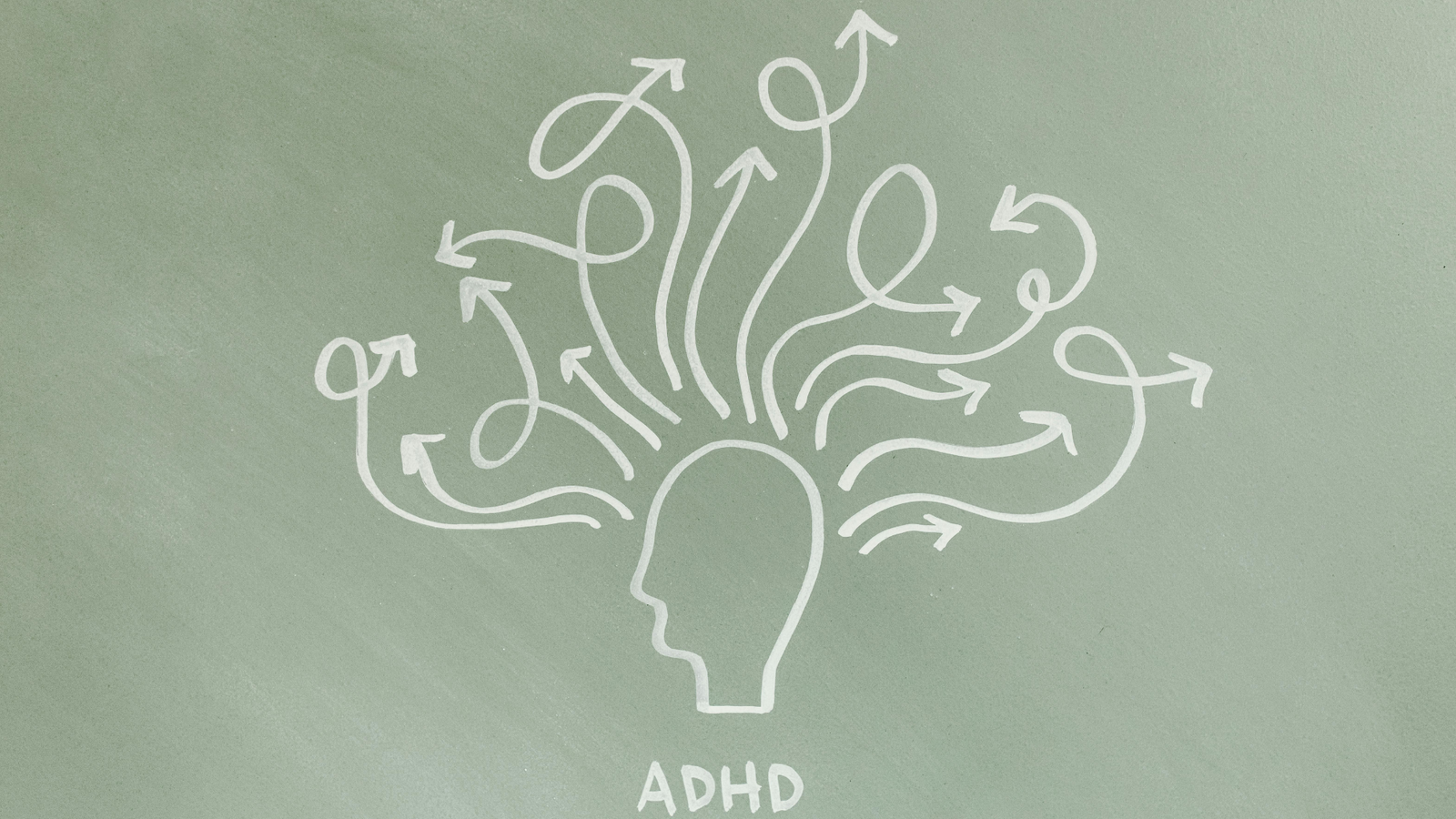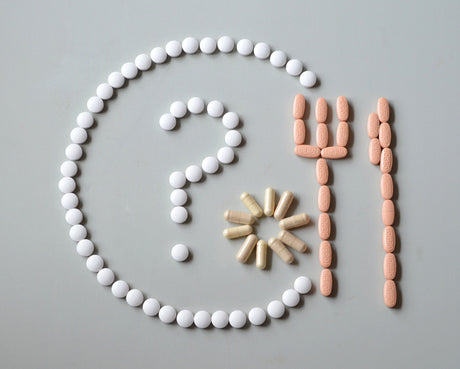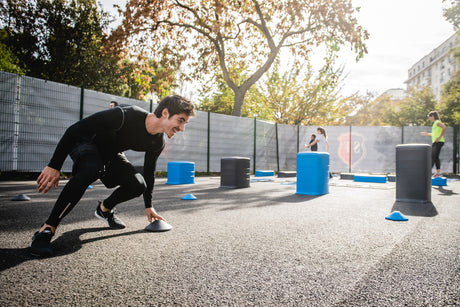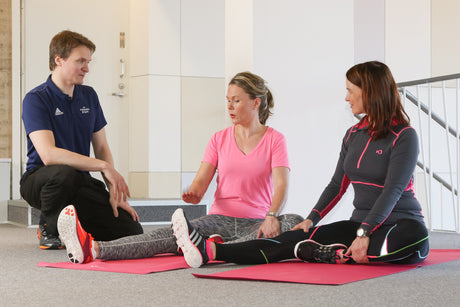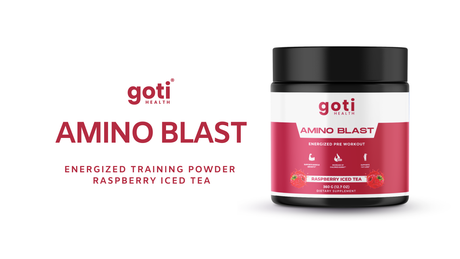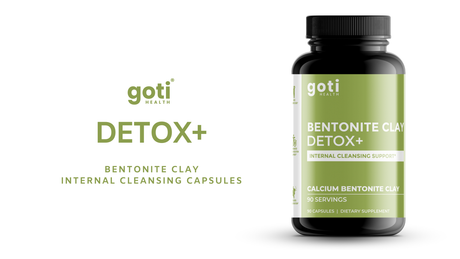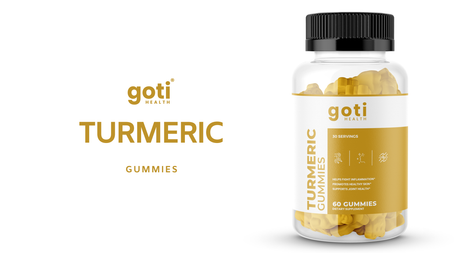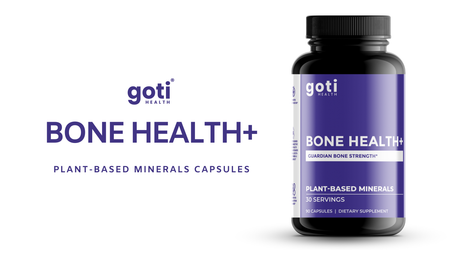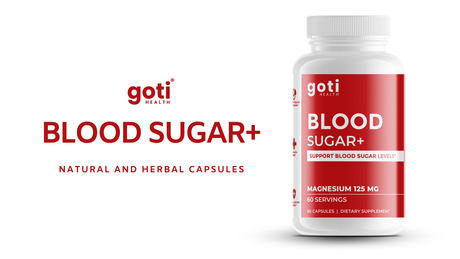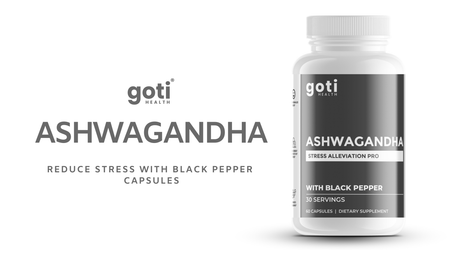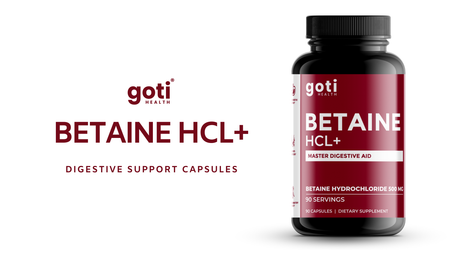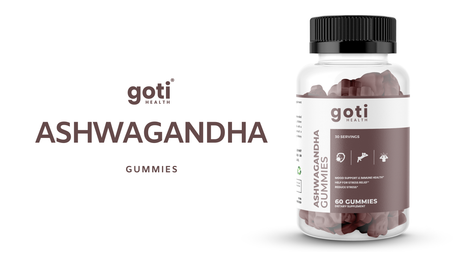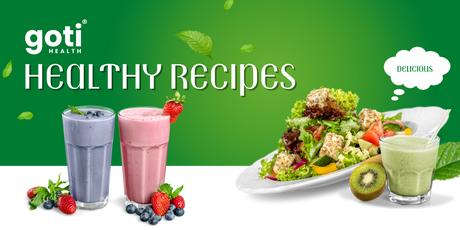Introduction
Attention Deficit Hyperactivity Disorder (ADHD) isn’t just a childhood condition—it often persists into adulthood, and many people first experience or notice symptoms in midlife. According to research from the National Institute of Mental Health, ADHD in adults can impact focus, organization, and emotional regulation. However, natural strategies and lifestyle changes can help manage symptoms effectively. In this blog, we’ll discuss practical tips for coping with midlife ADHD and how natural solutions can enhance your quality of life.
1. Create a Consistent Daily Routine
Maintaining a structured routine is key for managing ADHD symptoms, particularly in midlife when work, family, and personal commitments may become overwhelming. A study in the Journal of Attention Disorders suggests that individuals with ADHD benefit from clear daily schedules that reduce decision fatigue and improve time management.
-
Tips for Structuring Your Day:
- Break tasks into small, manageable steps and prioritize them.
- Use planners, apps, or digital calendars to schedule your day.
- Set reminders for important tasks and deadlines.
-
Goti Health Insight: Supporting mental clarity can be easier with the right nutrients. Consider natural supplements that help maintain focus and support brain health throughout the day.
2. Prioritize Nutrition for Brain Health
A balanced diet rich in nutrients like omega-3 fatty acids, magnesium, and B vitamins can positively impact cognitive function and mood. According to a review in the Journal of Clinical Psychiatry, omega-3s are particularly beneficial for individuals with ADHD, as they support brain health and reduce symptoms related to focus and attention.
-
Key Nutritional Tips:
- Include foods rich in omega-3s like fatty fish, walnuts, and chia seeds.
- Eat complex carbohydrates like whole grains, which provide steady energy throughout the day.
- Incorporate magnesium-rich foods like leafy greens, nuts, and seeds to support relaxation and reduce anxiety.
-
Goti Health Tip: Supplements that include omega-3s, magnesium, and B vitamins can help fill nutritional gaps and promote cognitive health. Look for high-quality, natural ingredients that are free from artificial additives.
3. Practice Mindfulness and Meditation
Mindfulness and meditation have been shown to improve focus, reduce impulsivity, and enhance emotional regulation in individuals with ADHD. A study published in the Journal of Attention Disorders found that mindfulness-based interventions significantly reduced ADHD symptoms in adults, making it a valuable tool for midlife management.
-
Mindfulness Tips:
- Start with short daily meditation sessions, focusing on deep breathing and awareness of the present moment.
- Use guided meditation apps that are specifically designed for focus and stress reduction.
- Practice mindful eating by slowing down during meals and savoring each bite.
-
Goti Health Insight: Stress-reducing supplements that include natural adaptogens like ashwagandha can complement mindfulness practices by helping the body manage daily stressors and maintain focus.
4. Manage Stress with Regular Exercise
Exercise is a powerful tool for managing ADHD symptoms, as it increases dopamine, norepinephrine, and serotonin levels—neurotransmitters that help regulate mood and attention. According to the American Psychological Association, even short bursts of moderate exercise can improve focus and reduce hyperactivity in adults with ADHD.
-
Exercise Tips:
- Aim for 30 minutes of moderate physical activity, such as brisk walking, cycling, or yoga, at least 5 times a week.
- Incorporate short, high-intensity workouts to increase energy levels and promote focus.
- Experiment with different activities to find what you enjoy—consistency is key for long-term benefits.
-
Goti Health Tip: Recovery-focused supplements can aid in post-workout muscle repair and help maintain energy levels, ensuring that exercise remains an enjoyable and sustainable habit.
5. Optimize Your Sleep Environment
Sleep disturbances are common in adults with ADHD, and poor sleep can exacerbate symptoms like inattention and mood swings. The National Sleep Foundation emphasizes the importance of creating a sleep-friendly environment to improve rest quality and support overall well-being.
-
Tips for Better Sleep:
- Establish a consistent bedtime routine, and avoid screens at least an hour before bed.
- Create a calm and cool sleep environment by dimming lights, using blackout curtains, and setting a comfortable room temperature.
- Limit caffeine and heavy meals before bedtime, as they can interfere with sleep quality.
-
Goti Health Insight: Natural sleep aids that promote relaxation and support the sleep cycle can be helpful for those struggling with rest. Look for ingredients like melatonin, chamomile, and magnesium that encourage calmness and better sleep.
6. Utilize Organizational Tools and Techniques
Adults with ADHD often benefit from organizational strategies that simplify their routines and reduce overwhelm. Using checklists, apps, and other tools can help keep tasks manageable and ensure that deadlines aren’t missed. A study from the Journal of Clinical Psychology found that utilizing organizational tools significantly improves productivity and reduces stress in adults with ADHD.
-
Tips for Staying Organized:
- Use color-coded calendars or to-do lists to prioritize tasks.
- Break down larger projects into smaller, manageable steps with specific deadlines.
- Set up a dedicated workspace free of distractions to help you focus.
-
Goti Health Tip: Cognitive-enhancing supplements that support focus, memory, and concentration can complement these organizational strategies, especially during busy or stressful periods.
Scientific Support for Natural ADHD Management
-
Omega-3s for Brain Health: Research from the Journal of Clinical Psychiatry highlights that omega-3 supplementation can help improve attention, focus, and mood in individuals with ADHD.
-
Mindfulness and ADHD: A study in the Journal of Attention Disorders demonstrates that mindfulness and meditation can effectively reduce ADHD symptoms in adults, making it a valuable non-pharmaceutical intervention.
-
Exercise and ADHD: According to the American Psychological Association, regular moderate exercise enhances cognitive function and reduces hyperactivity in adults with ADHD.
How Goti Health Can Support Your ADHD Journey
At Goti Health, we believe that managing midlife ADHD is best approached holistically. Our Natural Supplements are carefully formulated to support brain health, reduce stress, enhance focus, and promote overall well-being. Whether you’re seeking to fill nutritional gaps, manage daily stress, or improve cognitive function, Goti Health offers the solutions you need to live life with greater clarity and balance.
Final Thoughts
Coping with midlife ADHD doesn’t have to be overwhelming. By creating a structured routine, eating a brain-healthy diet, practicing mindfulness, exercising regularly, optimizing your sleep, and using effective organizational tools, you can manage symptoms and enhance your quality of life. Explore Goti Health’s Natural Wellness Supplements to support your journey towards better focus and well-being.
